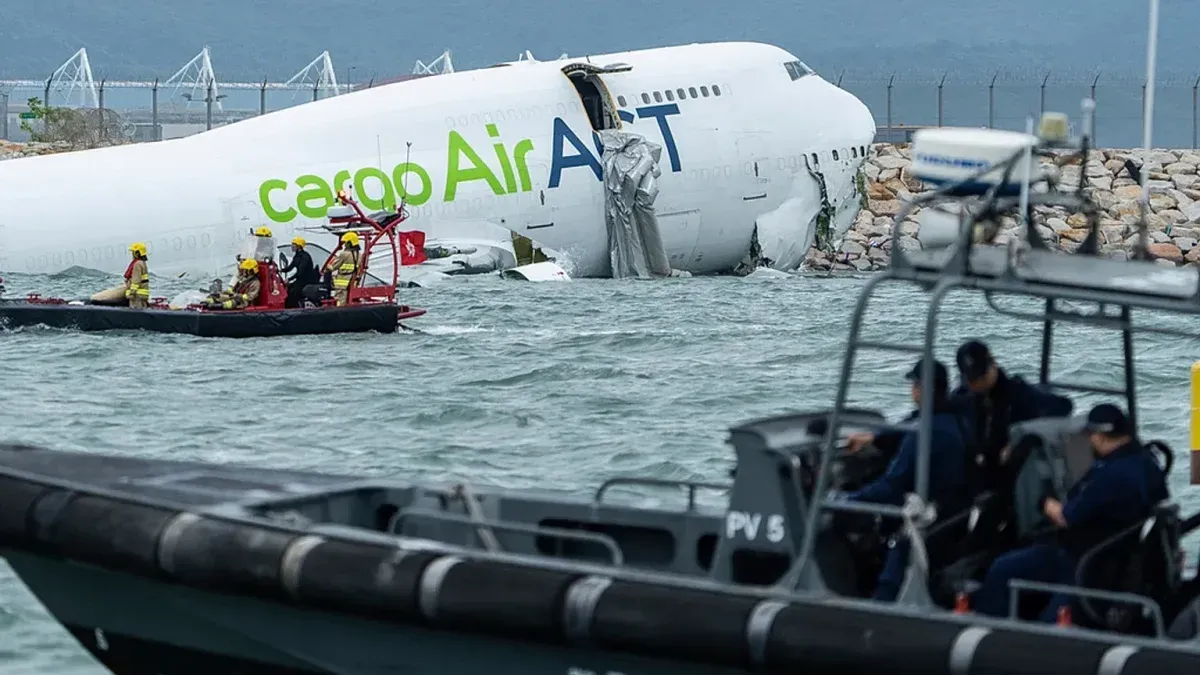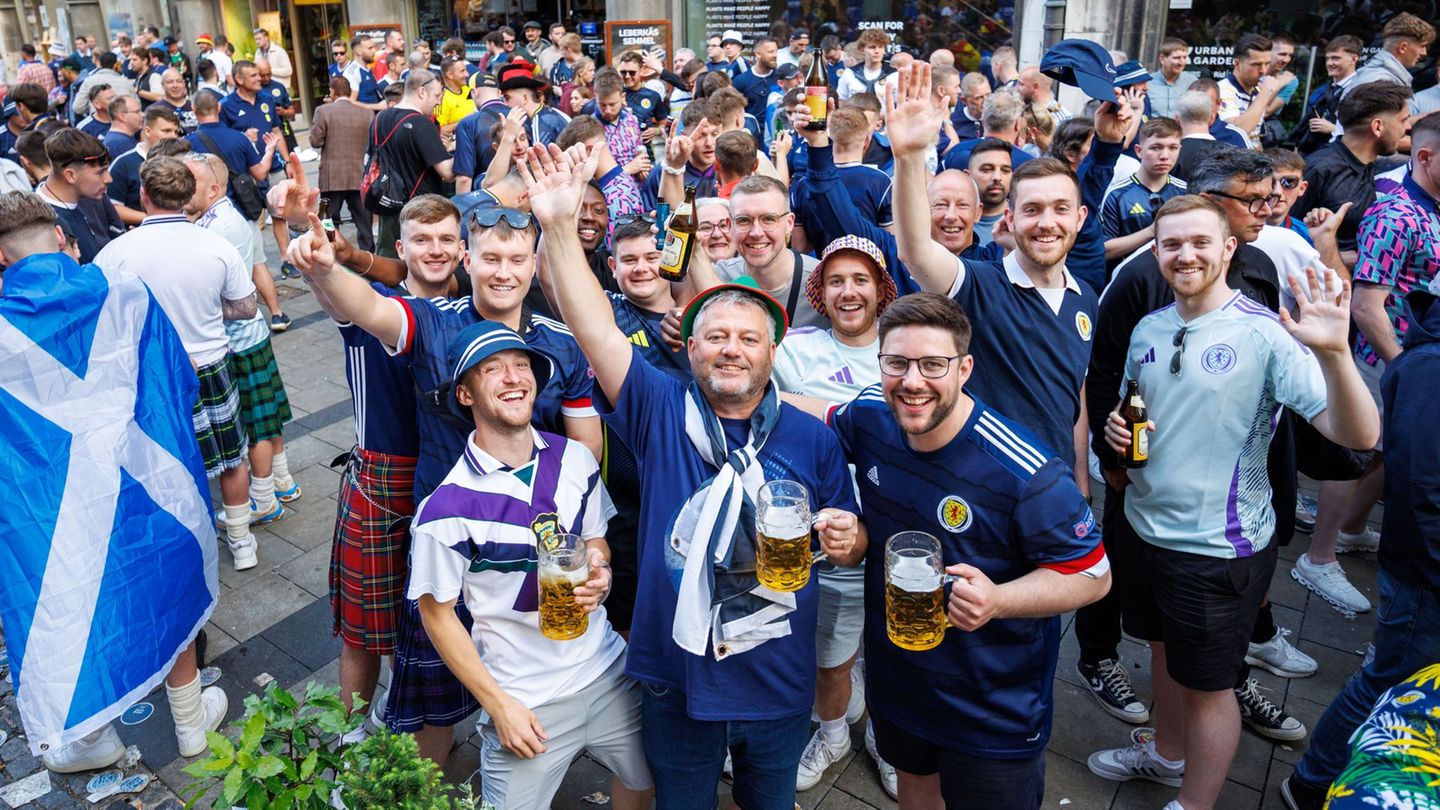Menu
Summer fairy tales failed: Not even the European Football Championship can lift German beer sales
Categories
Most Read
the details of the US$20,000 million aid from the US to Argentina
October 20, 2025
No Comments
How much should I invest to obtain more than $100,000 in 30 days in October 2025
October 20, 2025
No Comments
Who is the key man who will take over on October 27 and decide the fate of the US aid to Javier Milei?
October 20, 2025
No Comments
The metallurgical industry deepens its crisis and the use of installed capacity fell to pandemic levels
October 20, 2025
No Comments
Construction: Sentiment in residential construction at a three-year high
October 20, 2025
No Comments
Latest Posts

Is AC/DC returning to Argentina in 2026? The messages that excite fans
October 20, 2025
No Comments
October 20, 2025 – 12:40 AC/DC’s last show in Argentina was in December 2009 at the River Plate stadium, as part of their “Black Ice

What is it and how much is it worth?
October 20, 2025
No Comments
October 20, 2025 – 12:28 The emblematic piece is made up of 1,354 diamonds and 56 emeralds. He was in the mediations of the Parisian

Emirates SkyCargo plane skids off runway, causing two deaths
October 20, 2025
No Comments
October 20, 2025 – 12:21 The authorities are already investigating the survivors and workers to determine the causes of the accident. EuroNews A Boeing 747
24 Hours Worlds is a comprehensive source of instant world current affairs, offering up-to-the-minute coverage of breaking news and events from around the globe. With a team of experienced journalists and experts on hand 24/7.

